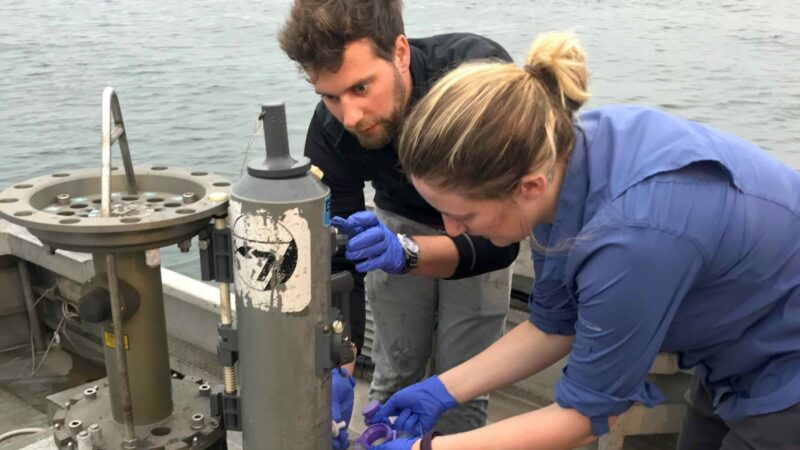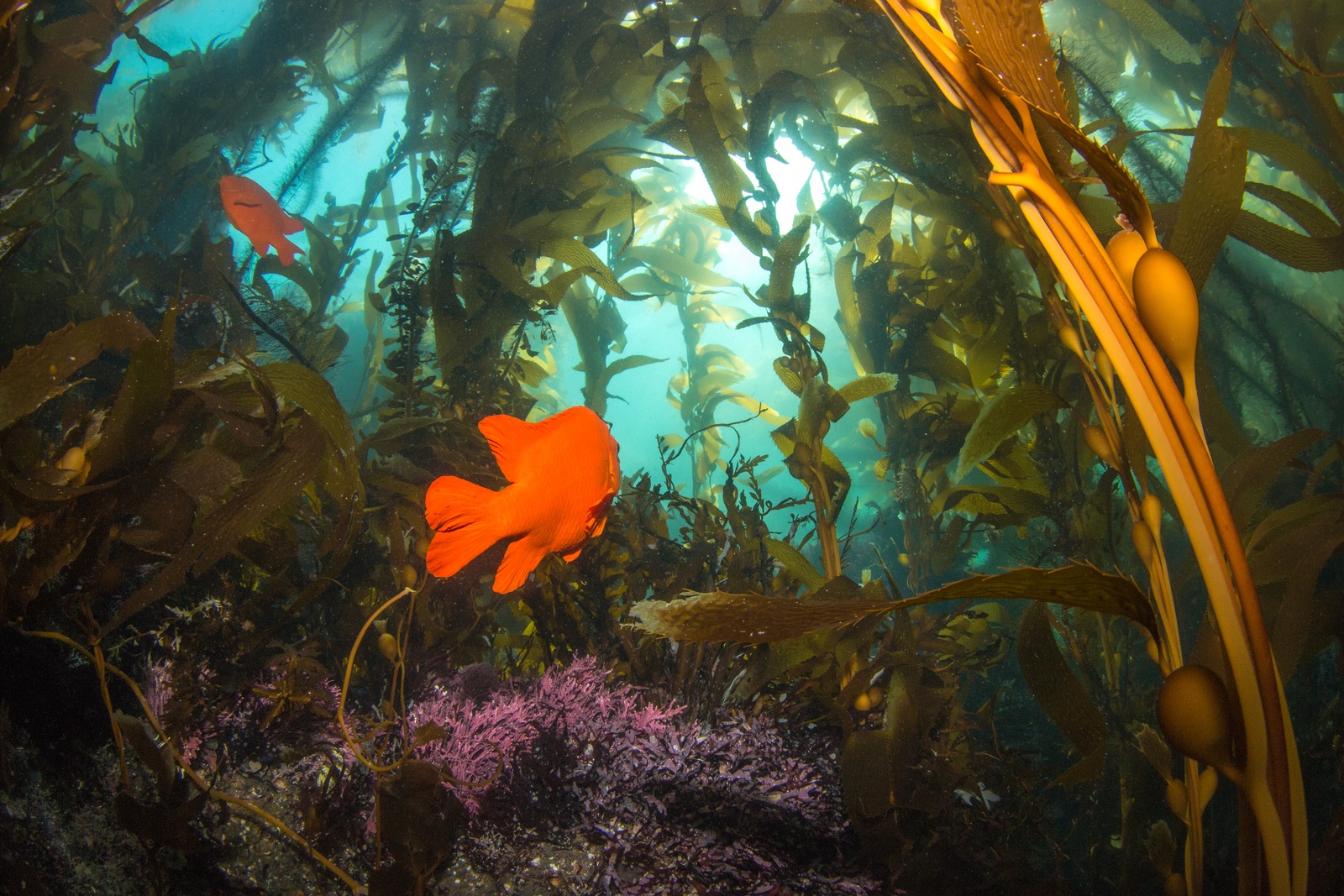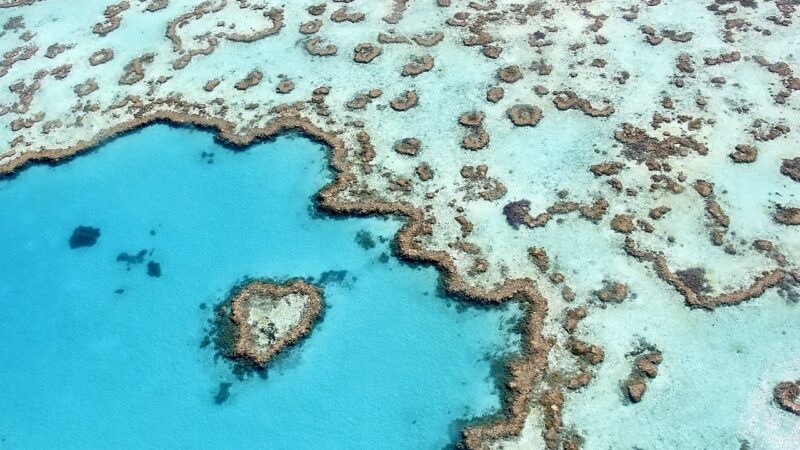
Marine science reaching from coastal to open ocean systems
Welcome
At the IoES Marine Center, we study the sensitivity of marine environments to anthropogenic impacts. With 44% of the world’s population living within 100 miles of the coastline, coastal systems are particularly vulnerable to human-made stressors such as pollution, eutrophication, and sea level rise. A majority of our research therefore focuses on these particularly sensitive coastal areas.
But human impact on the ocean does not stop at the coast. The effect of Climate Change is detectable in all ocean systems including phenomena like temperature rise and pH decline. The IoES Marine Center has therefore dedicated its research to understand the breadth of human impacts on the oceans both locally and worldwide.
Critical research areas we focus on include:
(i) Impacts of ocean acidification and hypoxia on the coast and on vulnerable marine communities and species,
(ii) Sensitivity of marine methane hydrates to temperature rise,
(iii) Climate Change impacts on the distribution of mangrove and kelp forests,
(iv) Sea Level Rise impacts on coastal wetlands and rocky intertidal habitats,
(v) Pathogens and health risks to swimmers and surfers at the beach,
(vi) Watershed and water supply management impacts on our coastal estuaries and the species that rely on them, and
(vii) Pollution and fishing impacts on coral reef and kelp forest ecosystems.
We not only complete research on ocean systems, but we work to provide solutions particular to some of our most critical coastal management problems.
For those who wonder: The Marine Center is formerly known as the Coastal Center. Over time, new faculty arriving at UCLA added diverse marine research topics to the Center’s portfolio, which lead us to the decision to change its name to represent the breadth of marine science conducted at UCLA.



